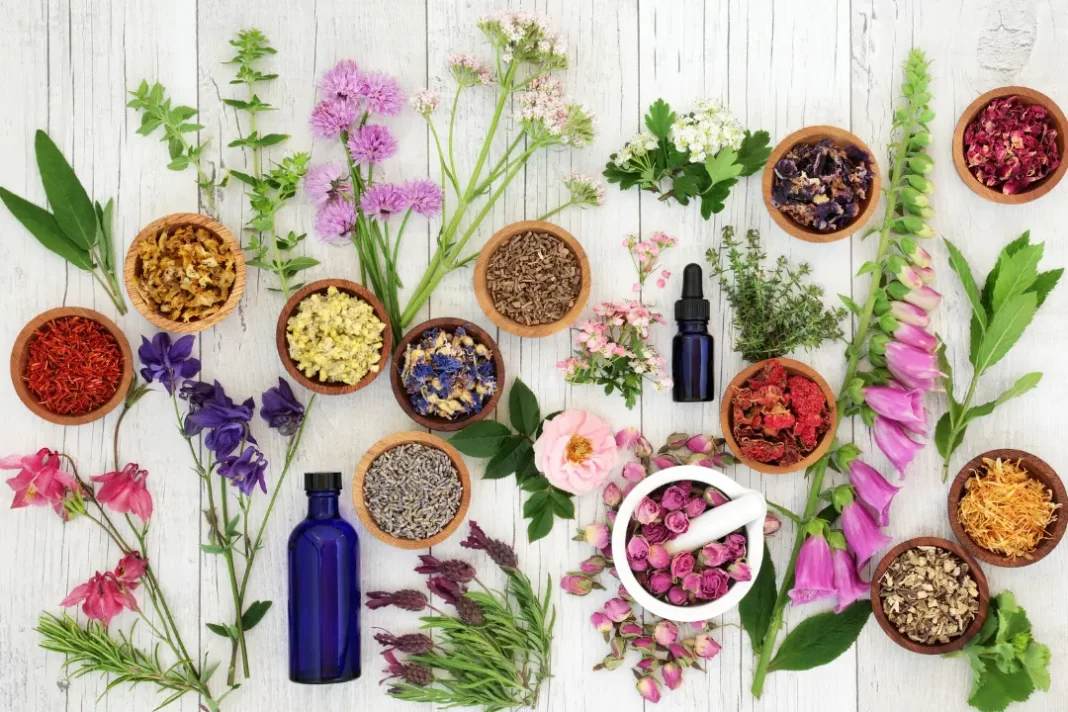Natural herbal stimulants can provide you with heightened wakefulness and enhanced focus without the side effects of caffeine and prescription drugs. This article discusses some popular herbal ingredients that can help keep you safely on top of your game and performing at your best.
Millions of people use stimulants of one kind or another to get energized for mental or physical work. You might be studying, test taking, working long days, managing a family, or trying to get a better workout– so many things require focused energy. And while stimulants can assist in achieving your goals, there’s a downside to them; some stimulants can deplete your natural vitality and energy if misused or used for too long.
You May Also Like:
YEARS OF NSAID USE MAY WORSEN ARTHRITIS INFLAMMATION: STUDY
Natural Herbal Stimulants: Caffeine Alternatives That Really Work is an original (MedNewsPedia) article.
Prescription stimulants – serious medicine
Prescription stimulants are designed to treat conditions diagnosed by medical doctors such as psychiatrists, pediatricians, neurologists, thoracic medicine doctors, rehabilitation doctors, and sleep doctors.
Pharmaceutical stimulants are not intended for a simple energy boost. They affect the central nervous system (CNS) by increasing the activity of specific brain chemicals: dopamine (the feel-good chemical) and norepinephrine.
Prescription stimulants are used to treat medical conditions such as:
- Attention deficit hyperactivity disorder (ADHD)
- Sleep disorders such as narcolepsy
- Obesity and binge eating disorder
- Clinical depression
- Acquired brain injury
Some commonly prescribed stimulants are:
- Dextroamphetamine (Dexedrine®)
- Dextroamphetamine/amphetamine combination product (Adderall®)
- Methylphenidate (Ritalin®, Concerta®).
- Lisdexamfetamine ( Vyvanse ®).
Here’s a short list of some side effects that can come with prescription stimulants:
- Increased heart rate
- Irritability
- Moodiness
- Headaches
- Stomachaches
- Substance use disorder (SUD), which in severe cases can lead to full-blown addiction.
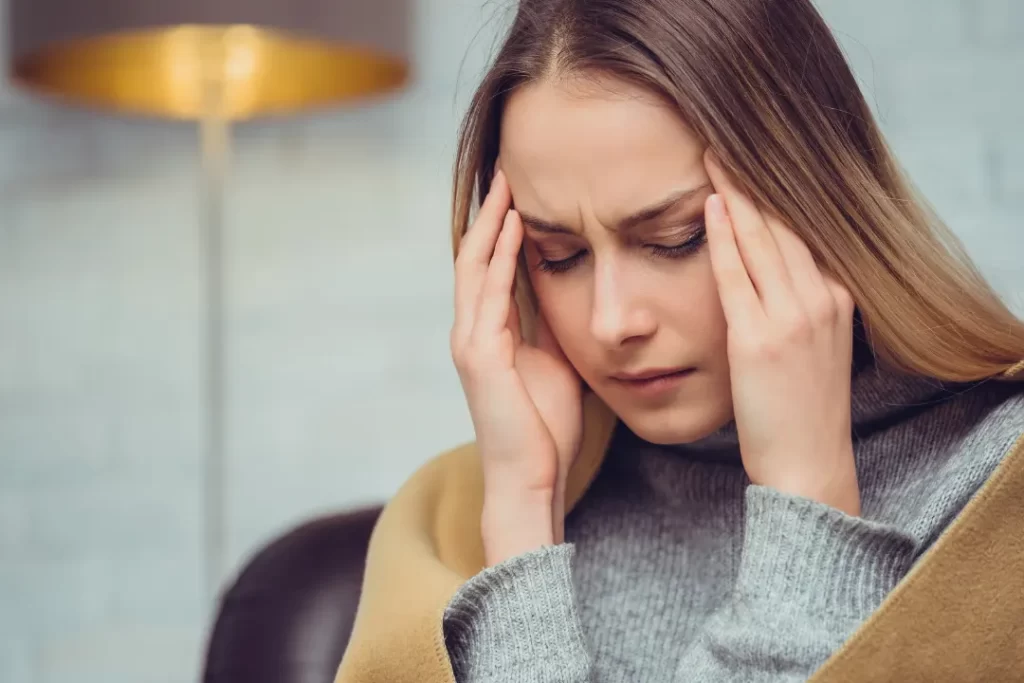
Caffeine wins the popularity contest – but it’s not for everyone
Caffeine is classified as a drug because it has physiological effects on the body and brain – making it a central nervous system (CNS) stimulant. Specifically, caffeine belongs to a group of stimulants known as methylxanthines and is the most taken psychoactive stimulant worldwide. Caffeine occurs naturally in over 60 plants as a pesticide that is not harmful to humans but deadly to bugs (except bees, who apparently love it); it kills insects by disrupting their nervous system – keeping the plant safe from hungry pests.
Caffeine affects the same areas in our brains as cocaine but in different and less severe ways. For some people, caffeine can cause dependency and become addicting. If you’ve ever tried giving up your coffee or tea habit, you may have experienced some of these withdrawal symptoms:
- Headaches
- Drowsiness
- Irritability
- Nausea
- Trouble concentrating
Most people can safely consume up to 400mg of caffeine a day. If you overconsume caffeine or are caffeine sensitive, it can cause health problems, such as:
- Adrenal health issues contributing to adrenal fatigue
- Restlessness and shakiness
- Insomnia
- Headaches
- Dizziness
- Accelerated heart rate
- Dehydration
- Anxiety

Herbal stimulants- a safer and healthier choice
Herbal stimulants are often used in place of coffee or tea; they provide an energy boost without the caffeine “rush.” Here are a few of the most well-known caffeine-free herbal stimulants.
Theobromine
Theobromine is an alkaloid compound found naturally in cocoa plants and coffee beans. Theobromine and caffeine belong to the same family of methylxanthine stimulants. Theobromine works differently than caffeine by increasing alertness but barely touching your central nervous system because it can’t cross the blood-brain barrier. Instead, it acts on the smooth muscles in your body (muscles that line vital organs) and has a slow onset but is long-lasting, relaxing your body while increasing alertness.
Panax ginseng
Over six million people in the US use this popular herbal stimulant for its adaptogenic
properties. It comes from the root of the Asian plant Panax ginseng and has been used for thousands of years to promote energy and physical endurance and to improve concentration and memory.
Most of the energy-boosting effects of ginseng come from biologically active compounds called
ginsenosides, which act as steroids helping to reduce inflammation and improve the immune system. Additionally, the polysaccharides and oligopeptides in ginseng assist with lowering oxidative stress and create higher energy production in cells, decreasing fatigue.
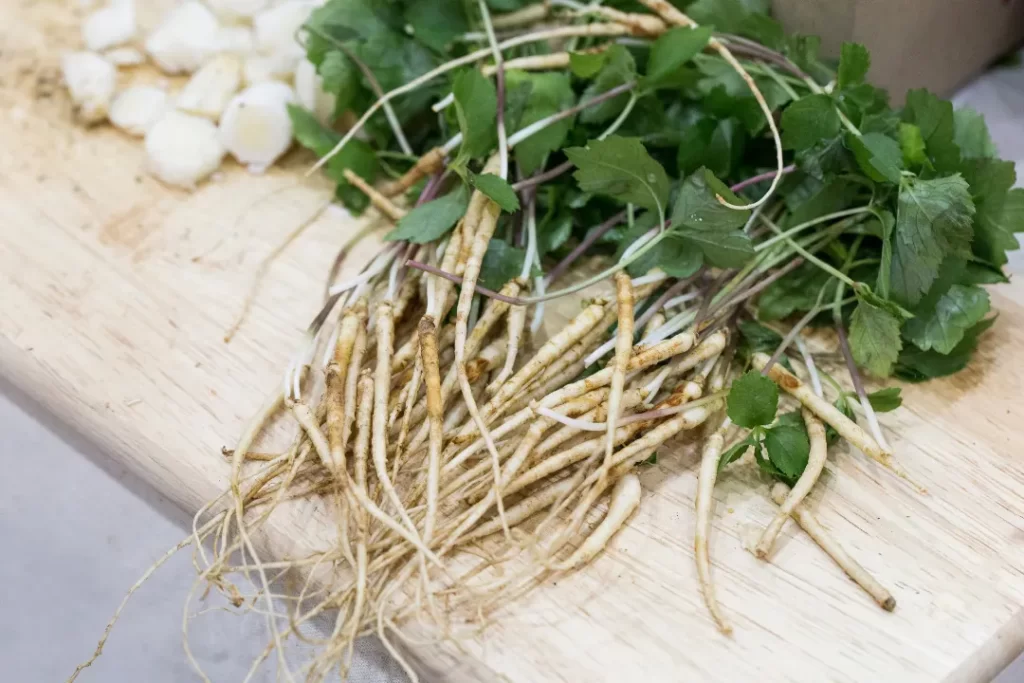
Sage
Another popular herbal stimulant comes from the leaves of the common culinary herb sage – (Salvia officinalis). Research shows that sage stimulates cognitive abilities such as attention, memory, judgment and evaluation, reasoning, problem-solving, and decision-making.
Sage’s brain boosting capacity stems from its ability to improve communication between brain cells by supporting neurotransmitter balance. Its antioxidant properties offer cell protection resulting in healthy blood flow that contributes to overall brain health. Additionally, four of the polyphenols in sage: Rosmarinic acid, Carnosol, Carnosic acid, and Ursolic acid, can help your brain work better.
Ginkgo biloba
Ginkgo biloba, also called ginkgo or maidenhair, is a large tree with fan-shaped leaves native to China. The Ginkgo tree dates back 200 million years – making it the oldest known tree species. For centuries Chinese medicine has used ginkgo extract prepared from its leaves to treat various conditions, from circulatory disorders and asthma to cognitive problems.
The flavonoids in ginkgo contain potent antioxidants and terpenoids, which improve circulation to the brain by dilating blood vessels and reducing platelets’ “stickiness, ” leading to improved brain health and function. This study shows how ginkgo can boost memory and cognitive speed in healthy people.
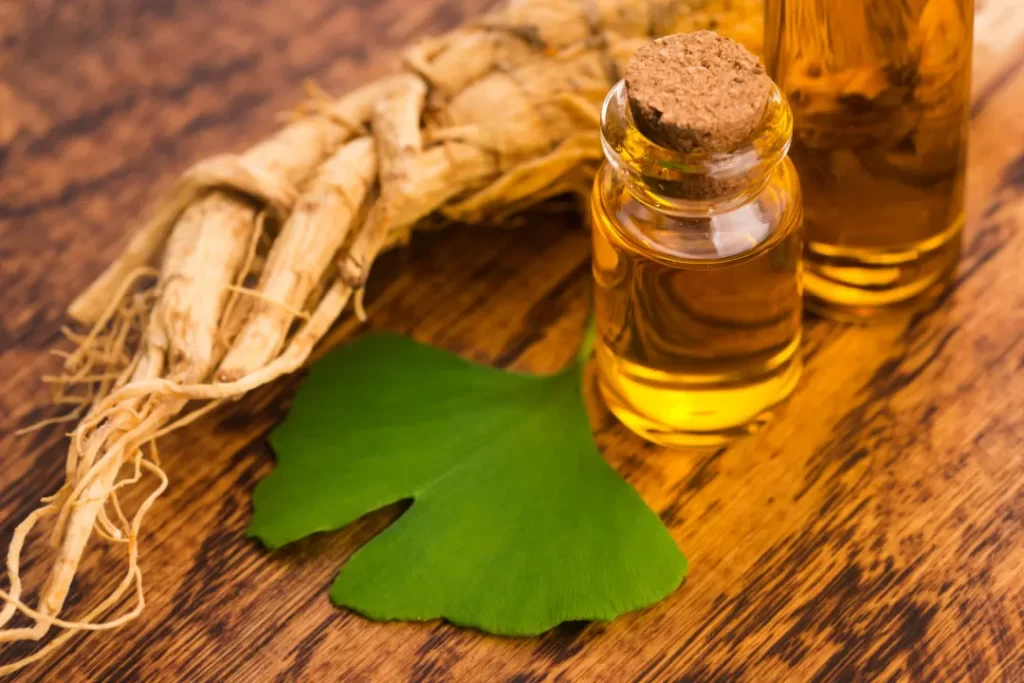
Lion’s Mane mushroom – a valuable assistant to herbal stimulants
Lion’s Mane is not a stimulant but rather a brain enhancer. It optimizes your brain by assisting neurotransmitters that affect memory, learning, recall, and mood. Research shows that erinacines (Erinacine A), a primary compound in Lion’s Mane, penetrates the blood-brain barrier and facilitates the creation of two proteins: Nerve growth factor (NGF) and Brain-derived neurotrophic factor (BDNF). These proteins improve brain function by strengthening existing nerve cells (neurons) and stimulating the production of new ones. Lion’s Mane is well-known for its ability to help eliminate brain fog and restore memory and mental alertness.
Lion’s Mane, Ginkgo, and Sage…Oh My!
Some of the most effective herbal stimulants to clear and energize your brain are blends of several herbal ingredients.
For example, Medicine Man Plant Co. has developed a product called The Brain Pill, a blend of Lion’s Mane mushroom whole extract, ginkgo (leaf), and sage (leaf). All three of these ingredients are nootropics that aid in overall cognitive performance: Lion’s Mane to support memory and neuron health, ginkgo for increased blood flow to the brain, and sage to assist with attention, memory, judgment, and problem-solving.
Medicine Man Plant Co. states: “Our mission as a company is to unearth the world’s ancient plant wisdom that keeps humans strong and healthy for millennia.” Their products are manufactured in the US at state-of-the-art facilities located in Texas and California, responsibly sourced, Non-GMO, and vegan-friendly.
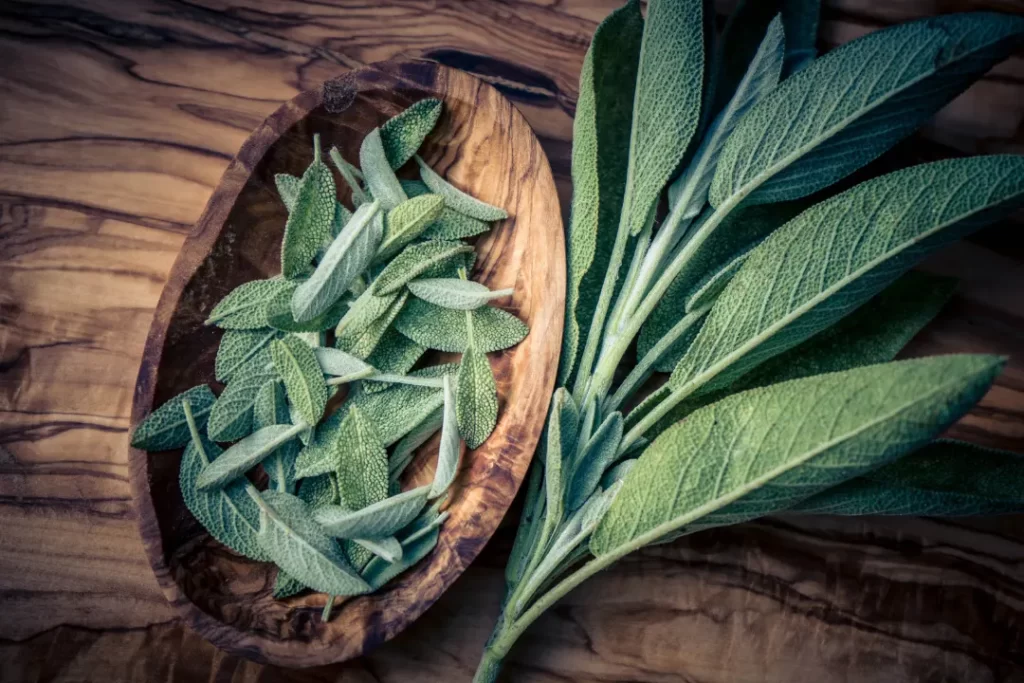
Final thoughts on herbal stimulants
Many of the herbal stimulants discussed in this article don’t only boost energy and cognitive performance — they possess nootropic and adaptogenic properties that heal and nourish your brain and body. Whether you want to kick your caffeine habit or seek a safe energy boost, an herbal alternative may be just the right thing. Coupled with a lifestyle optimized for health, it could help you achieve your goals while improving your quality of life.
Further Reading:
Stimulant medicines (Healthy Way. Gov)
Prescription Stimulants DrugFacts | National Institute on Drug Abuse (NIDA).
Pharmacological properties of Salvia officinalis and its components – PMC
Lion’s Mane – Nootropics Expert.
Important Note: The information contained in this article (Natural Herbal Stimulants: Caffeine Alternatives That Really Work) is for general informational purposes only, and should not be construed as health or medical advice, nor is it intended to diagnose, prevent, treat, or cure any disease or health condition. Before embarking on any diet, fitness regimen, or program of nutritional supplementation, it is advisable to consult your healthcare professional in order to determine its safety and probable efficacy in terms of your individual state of health.
Regarding Nutritional Supplements Or Other Non-Prescription Health Products: If any nutritional supplements or other non-prescription health products are mentioned in the foregoing article, any claims or statements made about them have not been evaluated by the U.S. Food and Drug Administration, and such nutritional supplements or other health products are not intended to diagnose, treat, cure, or prevent any disease.


